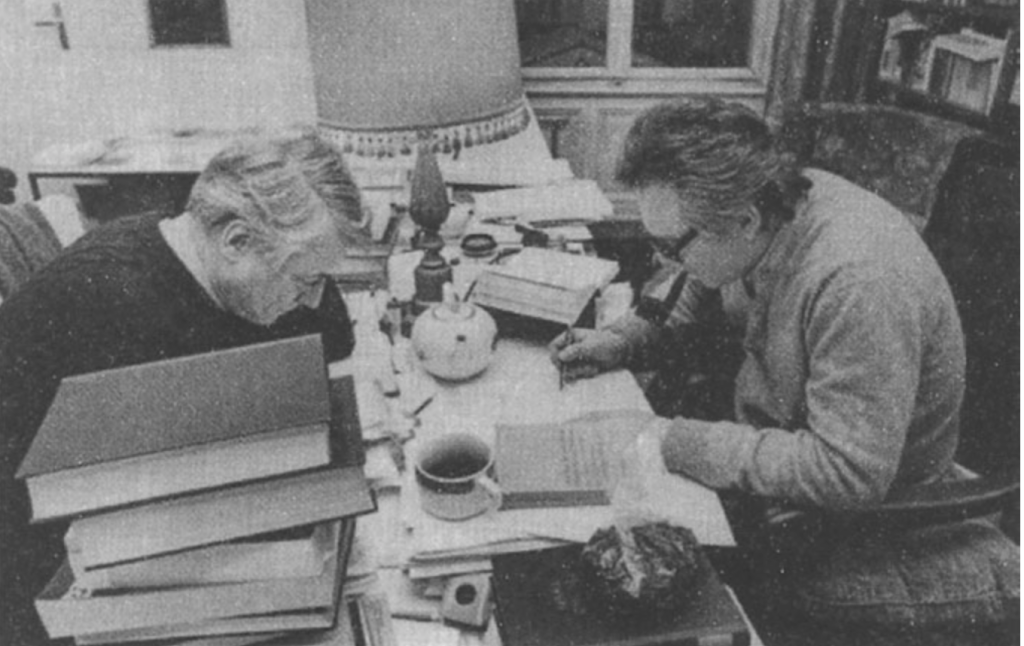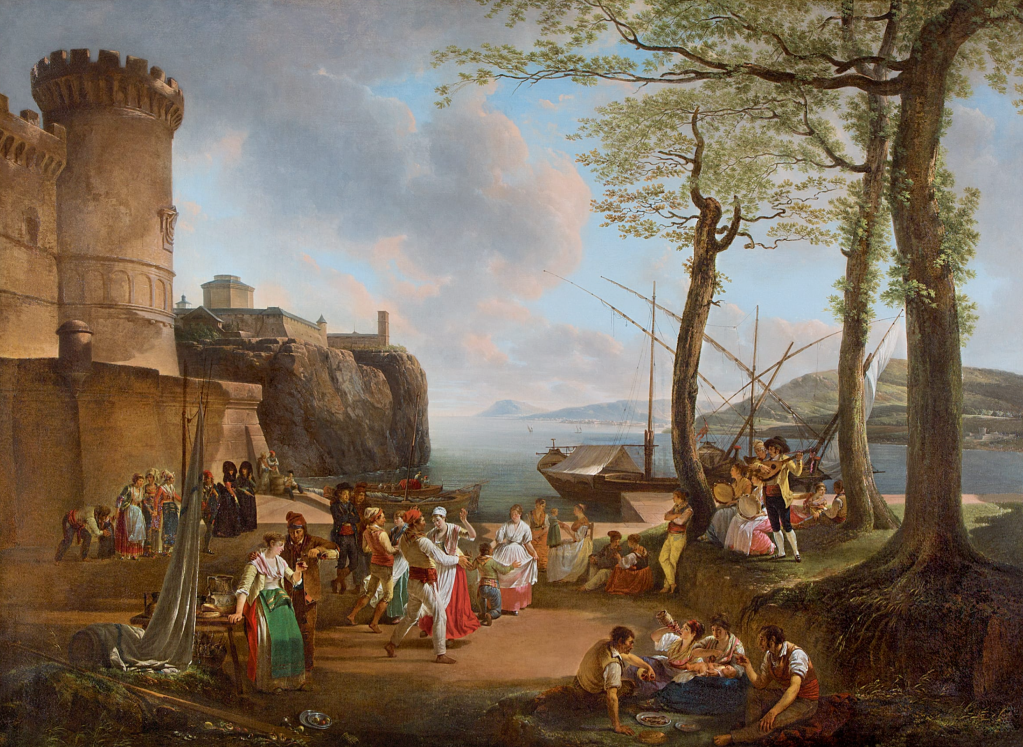“There are not yet events in the philosophical sense of the word, but it is at least the constitution of zones of precariousness, of partial movement which one can interpret as announcing that something will happen.”
— Alain Badiou, Handbook of Inaesthetics
“The enemy of Empire is the event that might disturb its norms and apparatuses.”
— Tiqqun, Introduction to Civil War
Although his name does not appear in Tiqqun’s manifesto, Introduction to Civil War, Alain Badiou’s philosophy is clearly apparent throughout the text. Introduction to Civil War by Tiqqun and the Invisible Committee, an anonymous collective that has written several manifestos on politics and the possibility of thinking emancipatory political action, is one of the most cogent theory-to-action articulations of our social situation today and of what can be done.
Others have noted important similarities with their project to the situationist school of the 60’s onwards, particularly the Italian autonomist movement. The thought that forms Tiqqun’s project is in close conversation with cutting edge French philosophy following the event of May 1968. The text would be more useful if it contained a glossary of terms in it, but Tiqqun assumes that its readers are familiar with concepts such as the Spectacle (Debord), Apparatus (Foucault), whatever being (Agamben), and Empire (Negri).
Tiqqun is difficult to pin down in terms of their influences and lines of conceptual flight. They pull from the politico-philosophy projects of Deleuze and Agamben, particularly “whatever being” and Foucault’s concept of the apparatus, but Tiqqun’s first priority is with direct action. Ultimately, what matters to Tiqqun are proposals for how life should be and with revealing how life has become tethered to Empire.
In Introduction to Civil War they tap into a pathos that we’ve all felt, a feeling that goes something like this: there exists an invisible conflict embedded deeply within the social. Just where it came from and how we can get out of it no one knows. Whereof does it come from, and how might we cure it?
For Tiqqun, this conflict, or lack thereof, is “civil war,” an originary violence that began with the founding of the liberal state following the religious wars. Empire is the current iteration of centralized power that no longer relies upon nation-state conflicts. Empire is a set of forces and maneuvers to off-set civil war deployed by the state to maintain hegemony over the social. Thinkers from Hobbes to Rousseau sought to manage this latent hostility embedded in all social relations beginning with the birth of the liberal state. Today, the civil war has entered into a new ontological relation to the subjects that constitute society, or what they refer to as Empire. Empire is a term they borrow begrudgingly from Antonio Negri and Michael Hardt’s vocabulary. It represents the last stage in the Marxist teleology following Lenin’s imperial stage.

Mapping Badiou’s Influences on Tiqqun
Agamben, Deleuze, Foucault and Negri are all mentioned in the text, but Badiou’s name is missing. I claim this is because of Badiou’s complexity and also because Badiou’s thought has not become as accessible or as widely known.
The first major area where Badiou intersects with Tiqqun is in the domain of the prevailing ideology of Empire, even though they do not use this term “ideology.” The terrain by which violence is exerted onto subjects is in the domain of life. Empire is a Deleuzian machine designed to maintain the free flow of “forms-of-life.” The civil war present in Empire is defined as “the free play of forms-of-life; it is the principle of their coexistence.” Forms-of-life is what gives Empire its plasticity, it’s whatever being, and it is why the archetype they choose to encompass this free flow is “Bloom” from James Joyce’s Ulysses, an apathetic nihilist who relies on a shape shifting existence to thrive in the anonymous capitalist order. Like Badiou’s argument that late capitalism is “world-less” Bloom is the archetype of this inability to inhabit a world.
Bloom tries to flee from a world that has no outside. In every situation he responds with the same disagreement, each time slipping away from the situation. Bloom is therefore a body affected by a proclivity toward nothingness.
What establishes this play of forms-of-life is Badiou’s conception of the prevailing ideology today, that of “democratic materialism.” The dictum of democratic materialism that there are only “bodies and languages but there are no truths” offers an even clearer encapsulation of the nihilism that pervades Empire. But Tiqqun shies away from bringing truth into the conversation, an oversight I believe weakens their argument.
Tiqqun’s entire theory of the body and its strategy for escape of the control that forms-of-life holds over it is Badiouian. For Badiou, a body is an agent in a world operating on behalf of an event. A body is that which concretely materializes within the world the post-evental subject-truth trajectory bisecting this same world. This is quite similar to Tiqqun’s suggestion that a body can be freed from the shackles of forms-of-life only by following a line of flight to the source of power that overwhelms the body. This makes all thought oriented towards the event and towards the affects. But again, they do not go into a theory of the affects with the exception of a few mentions of Spinozan “joy”. Joy, as Michael Hardt has written about is what the body discovers at the end of its predicates, where beyond the superficial play of identity and difference lies some source of generic being, or universality.
Tiqqun frequently refers to Empire’s ability to de-intensify all social relations, to pacify bodies, which renders politics completely impotent. This is what Badiou refers to as an “atonal” environment. Our late capitalist world, for Badiou is one of pure representation, and the prevention of presentation, we hover on a void of pure multiplicity, of nothingness. The second part of the text, entitled “What is to be Done” is a call for the participation in the Imaginary Party, the vessel of resistance that is left today. Much of this section is informed by Badiou’s evental politics. The Imaginary Party is the other side of the movement of Empire, where “the outside has moved inside.” The Outside is gone precisely because there is exteriority at every point of the biopolitical tissue. After all, biopower governs possibilities, not men. Tiqqun claims the way in which the Imaginary Party can change Empire is through an event.
The enemy of Empire is the event that might disturb its norms and apparatuses.
Incorporating Badiouian language of site, situation, and intensity, Tiqqun, like Badiou, is concerned with archiopolitical events that universally modify a situation. This is why they critique the Negri project that poses challenges to Empire at the site of civil society. The revolutionary act for Badiou is beyond politics, it is archiopolitical in the sense that it seeks to revolutionize humanity itself.
The final area where I see homology between these two projects is in the domain of dialectics and negativity. Tiqqun states:
We need a radically negative anthropology, we need a few abstractions that are just empty enough, just transparent enough to prevent out usual prejudices, a physics that holds in store, for each being, its disposition towards the miraculous.
Since the 1980’s, Badiou has been working on a re-definition of negation. As Badiou states in his lecture, From Logic to Anthropology at the European Graduate School in August, 2012, “our best attempt at negation is the suffering human victim.” Badiou’s and Tiqqun’s overarching goal is to realize concrete negation. The way to do this is to find affirmative negation. To truly open the new, the intervention must take place in the situation. It must change event is a new that creates a new possibility. In Badiou’s re-formulation of Hegelian negation, immanent negation is no longer functional in this world in part because the state does not produce a reality that can produce affirmation. This view is shared by Tiqqun in their conclusion that there no longer exists an outside in part because Empire composes a singular state, it is a one-party system.
This is in part why Tiqqun puts so much emphasis upon the “human strike” as the only option for seriously changing the contours and flows of power that constitute Empire. As Badiou says in his lecture at EGS, “becoming starts with the revolt, it is not immanent to the revolt of the workers themselves. It is not immanent to a group.”
It is here that I think that Tiqqun’s conception of the “human strike” misses a crucial point of Badiouan axiom. In an interview from the 90’s Badiou claims that in today’s current globalization movement, “on both sides, it is a matter of striking blindly to demonstrate one’s strike capacity. What is at stake are bloody and nihilistic games of power without purpose and without truth.” So what seems to be missing here is a sort of ethics of action, but there is ambiguity. For example, in Adrian Johnston’s text, Badiou, Zizek, and Political Transformations: The Cadence of Change, we find a similar eagerness to provoke the event, a sentiment that is shared by both Badiou and Zizek:
“One cannot ever be sure in advance if what appears (within the register and the space of visibility of the ruling ideology) as “minor” measures will not set in motion a process that will lead to the radical (evental) transformation of the whole field” (Zizek, Badiou: Notes on an ongoing project, Pg. 5).
In the concluding chapter of Less Than Nothing, Zizek wages a critique of the Agamben-Foucault approach to resistance. Even though Tiqqun is not interested in a psychoanalytic analysis of Empire, what we might call a “symptomal analysis” that seeks to locate the hidden ideological supplement that sustains the social order – I think they would benefit from some psychoanalysis. Foucault and Agamben’s micro-power approach to power results in a sort of retreat into direct democracy because their critique is held at the level of domination, while if we see the fault of capitalism from the vantage point of exploitation inherent to the system, then the outcome is communism (Zizek, 2012. Pg. 1,003). Therefore, exploitation from a critical standpoint must be made central. Only in capitalism is exploitation naturalized.



Leave a comment